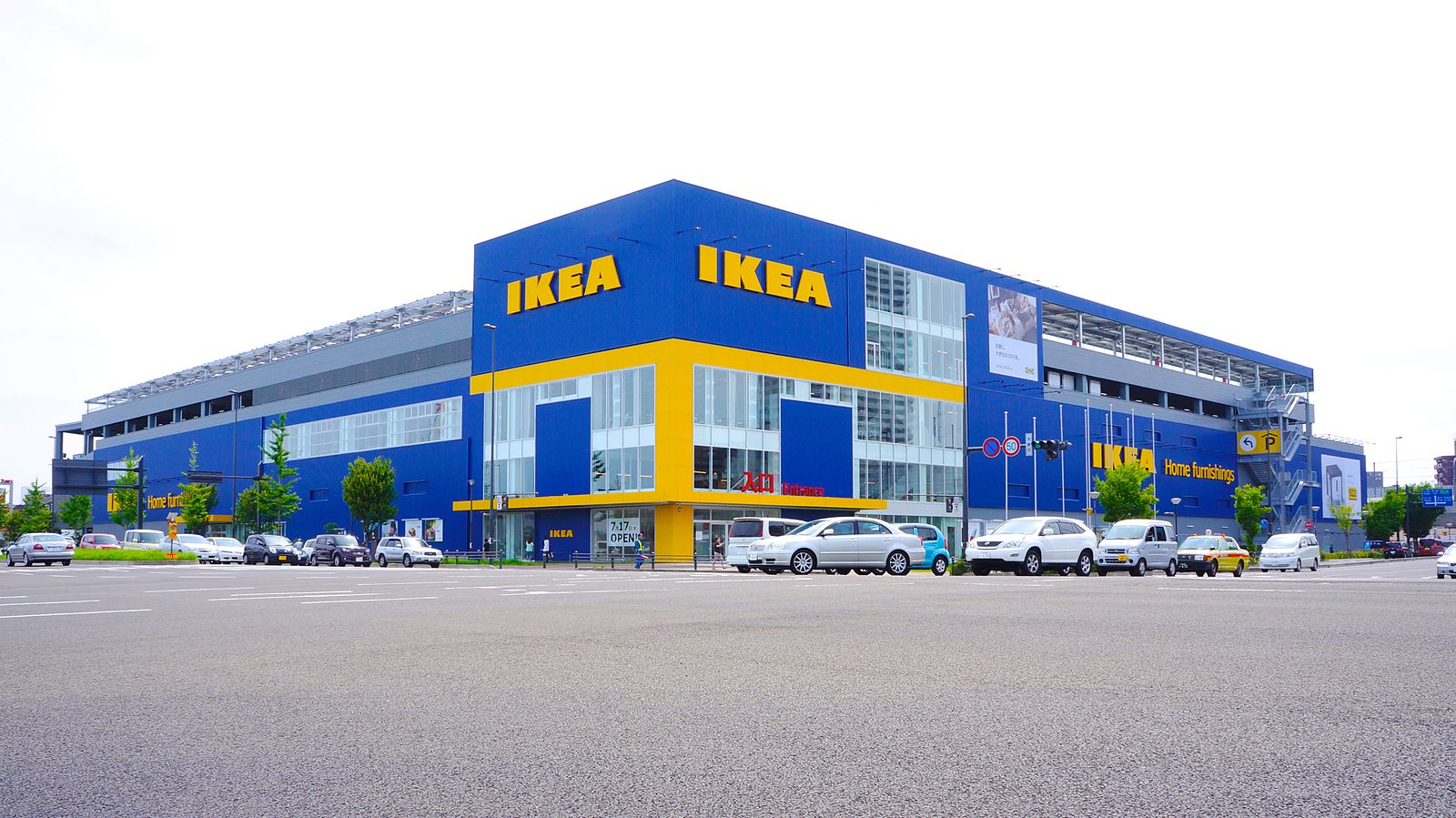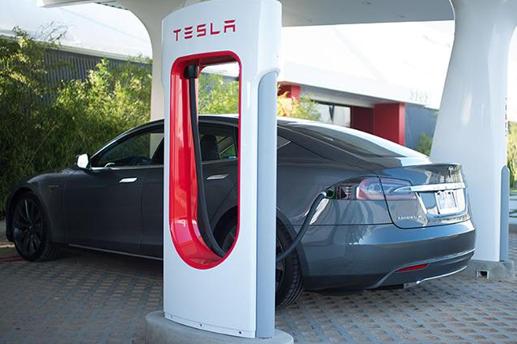The furniture giant Ikea recently announced it was planning to expand its retail locations into India. While Ikea currently has over 389 stores in 40 different countries, it has no retail locations as of yet in the quickly growing economic landscape of India. Ikea is planning to set up 25 stores in the country by 2025, starting in Hyderabad and Mumbai. These two cities are attractive for different reasons – Mumbai, the second largest city in India (20.8 million) is already the hub for several multinationals. Hyderabad is the sixth largest city in India (9.7 million people) and is known as the “fast income city” due to the rapid growth in the city, as well as its burgeoning tech hub.
Multinational companies such as Ikea are increasingly seeking out expansion opportunities in India. A recent survey of European corporations found that 48% of respondents have their sight set on India as their next target for expansion. This reflects a belief that strong growth in India is now able to offset longstanding barriers such as government corruption, infrastructure and inefficient bureaucracy, which have slowed expansion into the Indian market. India is an attractive place for Ikea for several reasons: it is expected to become the world’s third-largest economy based on GDP by 2020, and close to two thirds of the 1.2 billion people are under the age of 35, creating one of the largest consumer markets in the world. Furthermore, English is the official language in India and the second most spoken language in India, presenting one less hurdle for expansion into the country. The availability of cheap yet qualified labour is also attractive for a furniture giant such as Ikea. Lastly, high name recognition of Western brands makes India a very attractive environment for Ikea.
The newly-appointed CEO of Ikea, Jesper Brodin, and the CEO of Ikea India, Juvencio Maeztu, have created a three point plan for accessing the Indian market. Ikea’s strategy involves building the brand by setting up big box retail stores, then tapping into e-commerce, and ultimately experimenting with new store formats such as pop-up shops and other India-specific store concepts. Ikea has even prematurely addressed the potential impact the humidity will have on their products and plan to largely carry products which will withstand the heat. Despite Ikea’s confidence, there are many stories of struggle and failure of multinational expansion in India which may point to an arduous road ahead for Ikea.
General Motors (GM) recently exited the Indian market – shutting down their manufacturing facility just last month, which can serve as a potential warning for Ikea, and perhaps other multinationals as well. Management consultants attribute GM’s failure to the company’s lack of a local strategy. From the lack of diversity in its product line, to poor distribution and inadequate service, GM failed to take the distinct Indian landscape into account when attempting to expand into the country. GM is not the only multinational to struggle to adapt in India: eBay, Barclays Bank, Vodofone, Uber, and McDonald’s also make the list. There seem to be recurring reasons to account for the failure of these multinational expansions into India, such as a lack of understanding of the local culture. GM, for example, failed to take into account price sensitivity of consumers with regards to their selection of cars. McDonald’s faced fiery protests and damaging law suits against its use of beef in products and cooking oil, and was forced to shift its focus to vegetarian items. Uber met with issues because it failed to accommodate India’s cash-dependent economy, while local competitors such as Oola had cash payment systems available for ride-sharing and continue to pose formidable competition.
Several multinationals have had to shut down their operations in recent years due to the difficulty with synergizing company culture with local culture. While English is the official language in India, the cultural landscape is highly distinct from Western English-speaking countries, and only 125 million individuals — 10% of the population — actually speak English. English is thus second to Hindi, which is spoken by over 500 million people in India. Corporations operating out of the West often assume that English language neatly ties their current operating structure into India. This is not always the case, however, as the cultural differences still pose an obstacle to Western multinationals seeking to expand into India, English notwithstanding. Ikea met with that when attempting to pick the city for their first store. While Ikea was still in meetings with Indian officials, several officials began reporting that Ikea would open up in their city first – Noida in Uttar Pradesh as well as Hyderabad in Telanga. Ikea did not make an official announcement and decision until months later. A persistent problem which seems to accompany expansion into new markets is that of building relationships while navigating social barriers such as culture and language.
Other major obstacles include the heavy paperwork, slow processing times, poor transportation, and inefficient governance. The ambiguous and shifting bureaucratic procedures, tax laws, and underlying government corruption are particularly serious issues. India ranks 85 among 175 countries on Transparency International’s Corruption Perception Index. Furthermore, a recent survey by Transparency International (TI) ranks India as the most prone to bribery of the 16 Asian countries surveyed. The Economic Times of India also finds that several multinationals – such as Cadbury, Walmart and Kraft, have had issues with bribery in their branches in India in the past. Bribery emerges especially with renewing contracts and licenses.
While Ikea remains optimistic about their new venture, it will be important for Ikea and other multinationals to be cognizant of the issues of corruption and importance of local integration with expansion into India. It will be important for Ikea to ensure they put their best foot forward when trying to dig their roots into what will soon be the world’s third largest economy.
Photo: An Ikea store (2014), by Kirakiraouji via Wikipedia Commons. Licensed under CC 3.0.
Disclaimer: Any views or opinions expressed in articles are solely those of the authors and do not necessarily represent the views of the NATO Association of Canada.




